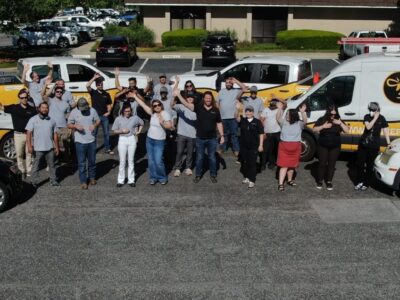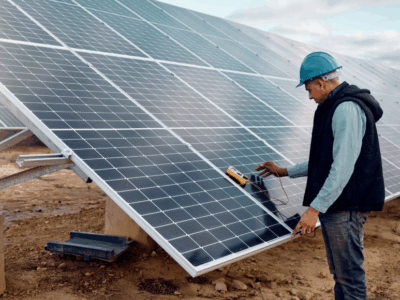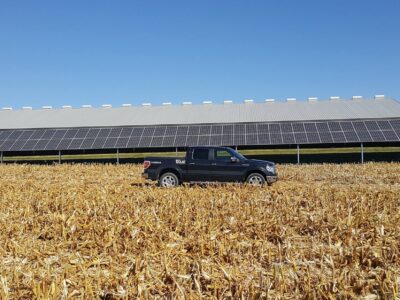British liquor conglomerate Diageo carries a massive portfolio of brands that include Johnnie Walker scotch and Guinness stout ale. As a global distributor, adapting to the climate crisis has been one of the business’s priorities lately. The goal is to continue delivering quality beverages while leaving the smallest carbon footprint possible. It’s easier said than done, but Ewan Andrew, chief sustainability officer, thinks they’re on the right track.
Andrew recently gave an interview to the Wall Street Journal outlining a “holistic approach to net zero.” Andrew has been tasked with managing Diageo’s green goals, including better water stewardship and consumption, waste diversion, and reducing emissions from operations. In this interview, he cited statistics from the latest Diageo Sustainability Report.
The company has made a list of ESG goals it hopes to hit by 2030, called the Society 2030: Spirit of Progress.
He said the beverage distributor reduced its supply-chain emissions by 5% compared to 2023. However, the battle against Scope 3 emissions remains difficult. Scope 3 emissions are created by external partners of Diageo, usually consumers or middlemen in business. Diageo wants to have 50% reduced Scope 3 emissions by 2030.
Andrew explained that “much of [his] supplier base — which is where 93% of my carbon is — is not yet certified and assurable to the standards that Diageo needs consistently.”
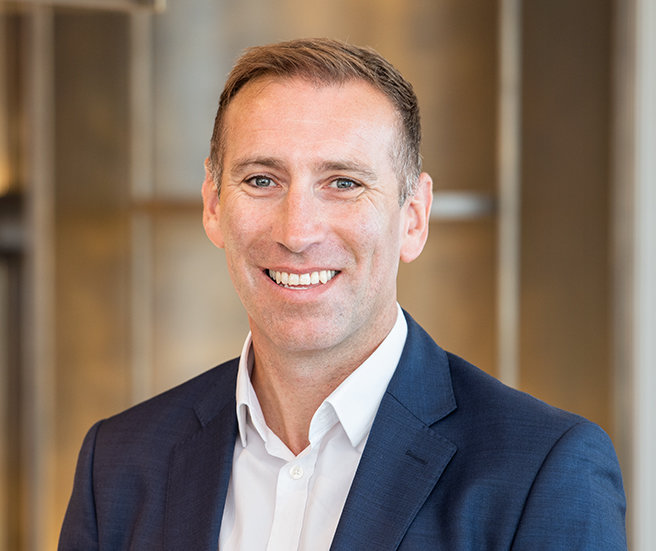
Photo Courtesy Diageo
“About a third of our Scope 3 carbon is in packaging, and about 20% of Diageo’s total Scope 3 comes from glass because of the heat and the energy that goes into making it,” he told the Journal. “The industry set up a body called Glass Futures to, in part, test innovative new furnace technologies — could be hydrogen, could be electric — to allow the glass industry to decarbonize.”
The company has been working with two scientists on glass lighting. A special coating based on abalone shells has been developed to use the “lightest, strongest structures” in the natural world. The coating can repair bottles, even those with the tiniest chips. When the coating is applied to new glass, it strengthens it.
The glass coating has been used in their African Guinness distribution, which Andrew said had bottles that went through “seven, maybe eight turns.” These bottles are used by local beer brands as well.
Glass alternatives are also being explored. A new trial of Bailey’s Irish Cream in a dry molded fiber bottle recently occurred.
The 90% paper bottle is lined with thin plastic and a foil seal. It can be recycled in standard paper recycling streams without separating the plastic from the paper. It was first trialed in mini-bottle format at the Time Out Festival in Barcelona this May. It was the company’s first paper bottle trial.
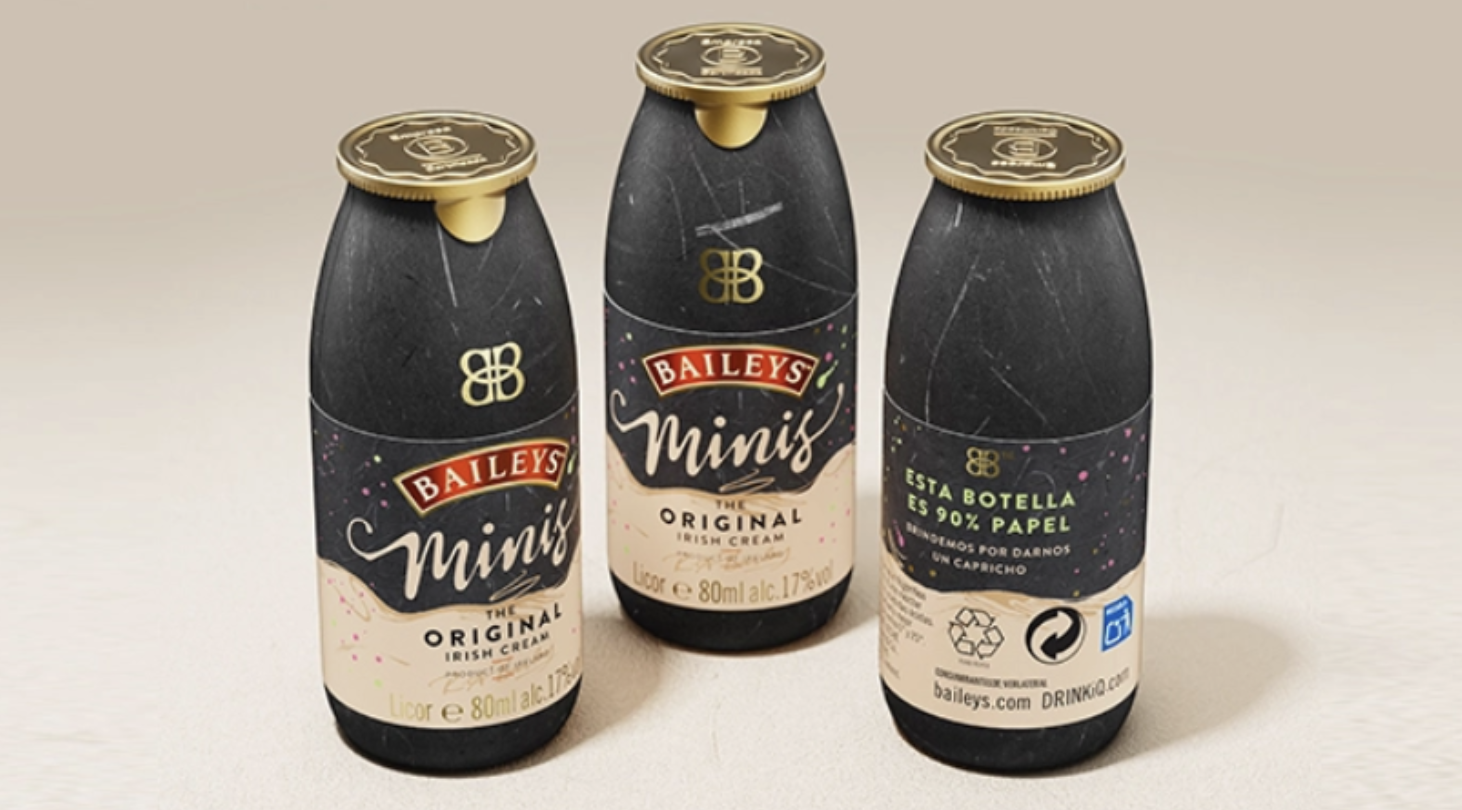
Photo Courtesy Diageo
“The consumer is becoming more sustainability savvy, and we believe we can meet that need using our design and innovation to bring premium products and more sustainable solutions together,” Andrew said in the official release.
Rather than use carbon offsets, Diageo uses green gas certificates for renewable power. All spent grain in their Scotland operations goes to biomass or animal feed. Anything left behind is sent to a firm that creates renewable energy. Diageo either buys it back or receives green gas certificates. Andrew said it was a more circular strategy.
Andrew explained to the Journal that his upbringing in Scotland developed his care for the planet. He was part of a farming community, running the hills and swimming in the North Sea. He wants to keep the farming spirit of Scotland.
Water remains a critical area that needs improved sustainability. Alcohol grains need lots of water, but Diageo wants to use as little as possible.
“We delivered a 50% improvement in our water efficiency in our sites up to 2020, and then we set this further goal of 30% around the world by 2030, and actually in water-stressed environments, there’s a more strengthened goal of a 40% reduction,” he told the Journal. “What it means is per liter of alcohol that you produce, how many liters of water are you using to make it.”
Diageo has also been working with ecoSPIRITS, the Singapore-based startup that created the ecoTOTES distribution system. The ecoTOTES contain the SmartPour dispensers, which include a 4.5-liter glass bottle of any Diageo-brand liquor. It reduces glass waste by being able to refill a bottle up to 150 times.
“This is another example of a triple win where the planet, consumers, and Diageo will all benefit,” Andrew said in a press release.


